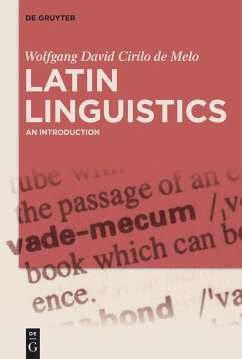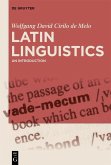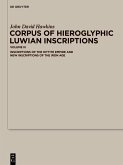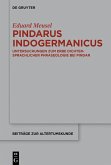Most introductions to phonology cover a range of theories, such as Autosegmental Phonology or Optimality Theory; these contribute relatively little to our understanding of Latin as such. On the other hand, a Latinist needs to know how we can reconstruct pronunciation, what the limits of reconstruction are, and how closely orthography mirrors pronunciation. My chapter on phonology deals with these aspects. The same can be said, mutatis mutandis, for the other chapters.
What makes this book unique, then, is the fact that it covers a wide range of topics in a deliberately selective way, tailored to the needs of Latinists.
Dieser Download kann aus rechtlichen Gründen nur mit Rechnungsadresse in A, B, BG, CY, CZ, D, DK, EW, E, FIN, F, GR, HR, H, IRL, I, LT, L, LR, M, NL, PL, P, R, S, SLO, SK ausgeliefert werden.









